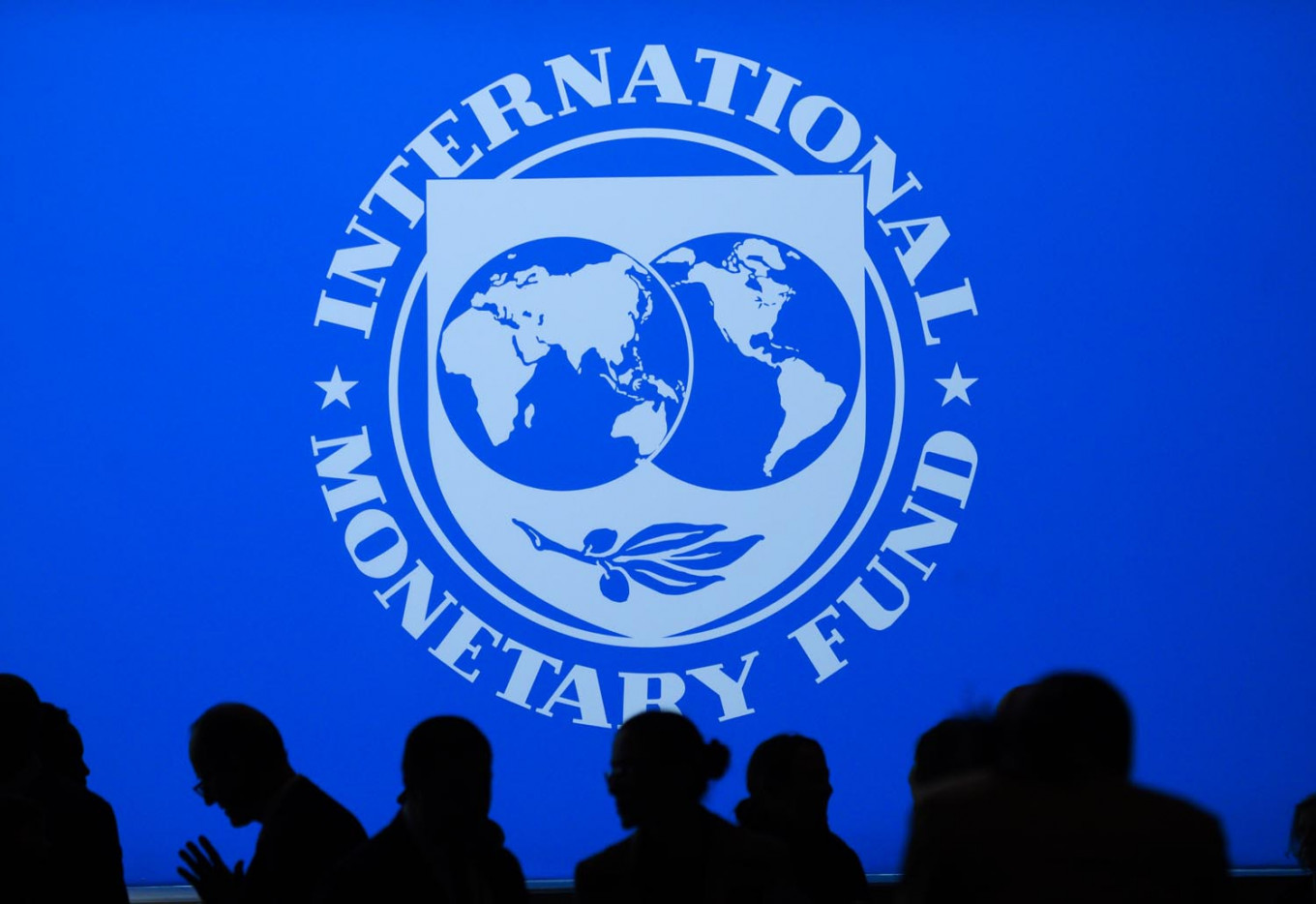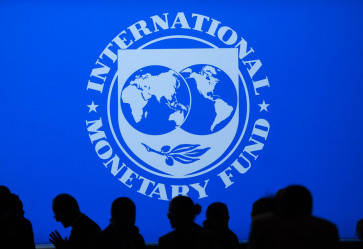Popular Reads
Top Results
Can't find what you're looking for?
View all search resultsPopular Reads
Top Results
Can't find what you're looking for?
View all search resultsExclusive: IMF talks about future of Indonesian economy, regulatory reform
The Jakarta Post interviewed the IMF mission chief for Indonesia Thomas Helbling via email in mid-October about the prospects of the Indonesian economy during the coronavirus pandemic.
Change text size
Gift Premium Articles
to Anyone
T
he International Monetary Fund projects that the Indonesian economy will shrink 1.5 percent this year and rebound 6.1 percent next year.
Although Southeast Asia’s largest economy is expected to recover next year, the risk of a prolonged coronavirus pandemic could adversely affect the outlook as the Washington-based institution urges the government to spend its allocated stimulus budget to boost economic activity and prevent more people from falling into poverty.
The Jakarta Post’s Prima Wirayani, Vincent Lingga and Adrian Wail Akhlas interviewed IMF mission chief for Indonesia Thomas Helbling via email in mid-October about the prospects of the Indonesian economy, tax reform and the much-debated Job Creation Law. The following is an excerpt from the interview.
Question: The IMF revised down its GDP projection for Indonesia to -1.5 percent this year from the previously forecast 0.3 percent contraction. What is the rationale behind the projection?
Answer: As elsewhere, the pandemic has been a key driver behind the changes in our near-term outlook for Indonesia. In the October 2020 World Economic Outlook (WEO), GDP is projected to contract by 1.5 percent, compared to a 0.3 percentage contraction in the June WEO.
The downward revision is mostly attributable to larger-than-expected pandemic-related supply disruptions in the second quarter of 2020 and expectations that such disruptions will be lifted more gradually. Weak consumer and business confidence, as well as somewhat tighter external financial conditions, are expected to continue, weighing on private consumption and investment. Fiscal and monetary policy support are forecast to provide an important offset of around 2.75 percentage points to the negative effect of the pandemic.
Downside risks to the recovery and the near-term outlook are larger than usual. The main risk is a prolonged COVID-19 outbreak and associated disruptions to demand and supply, domestically or in major trading partners.


















